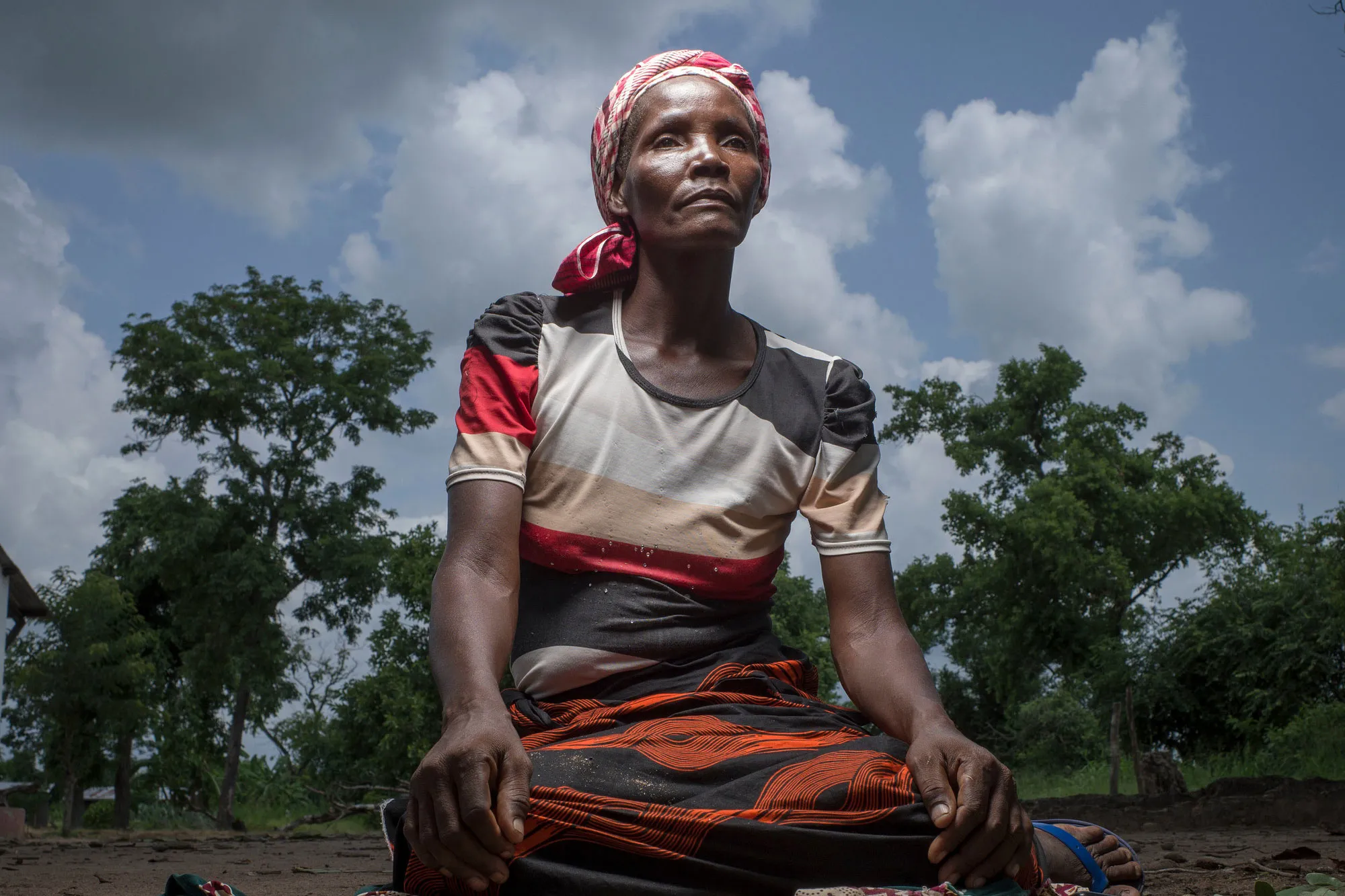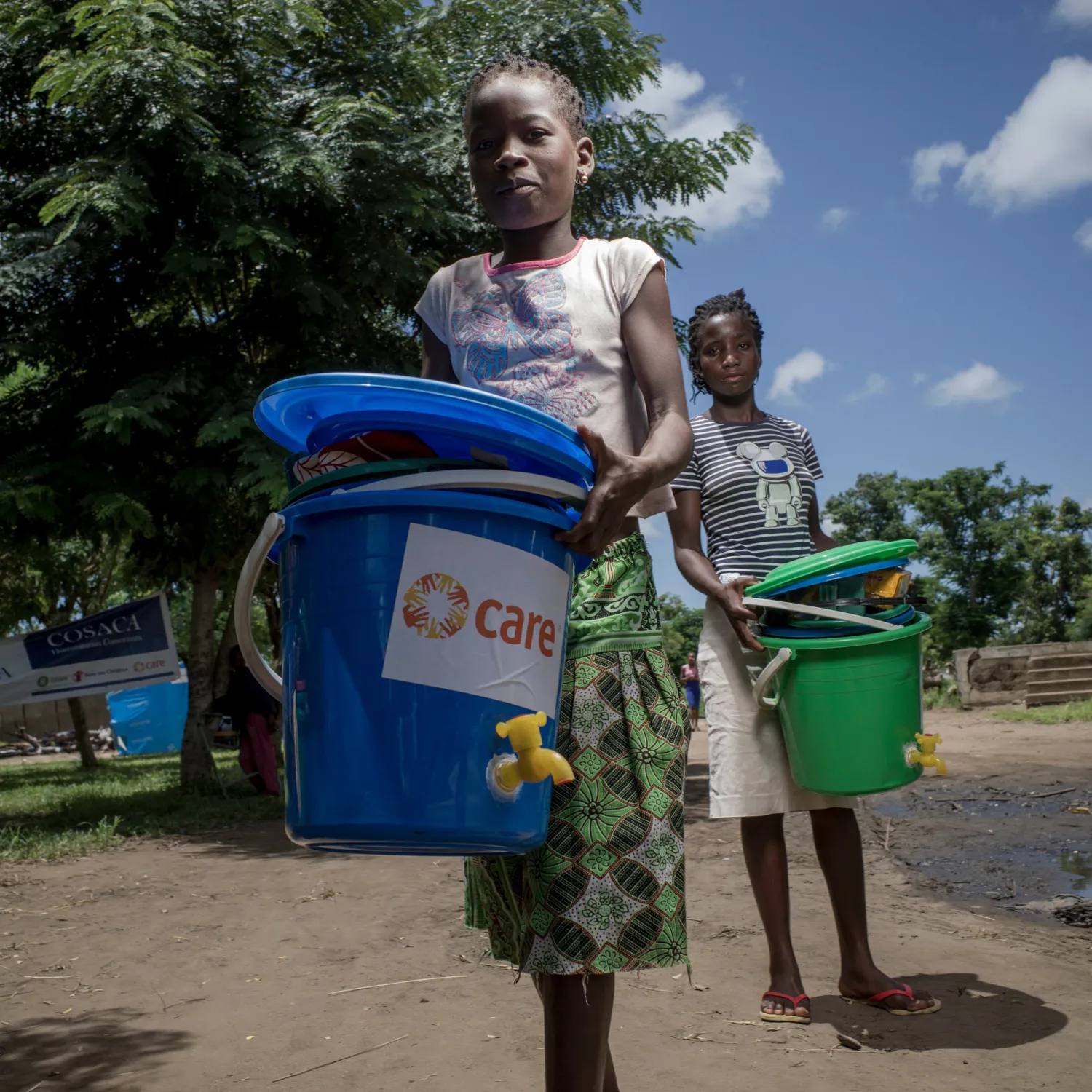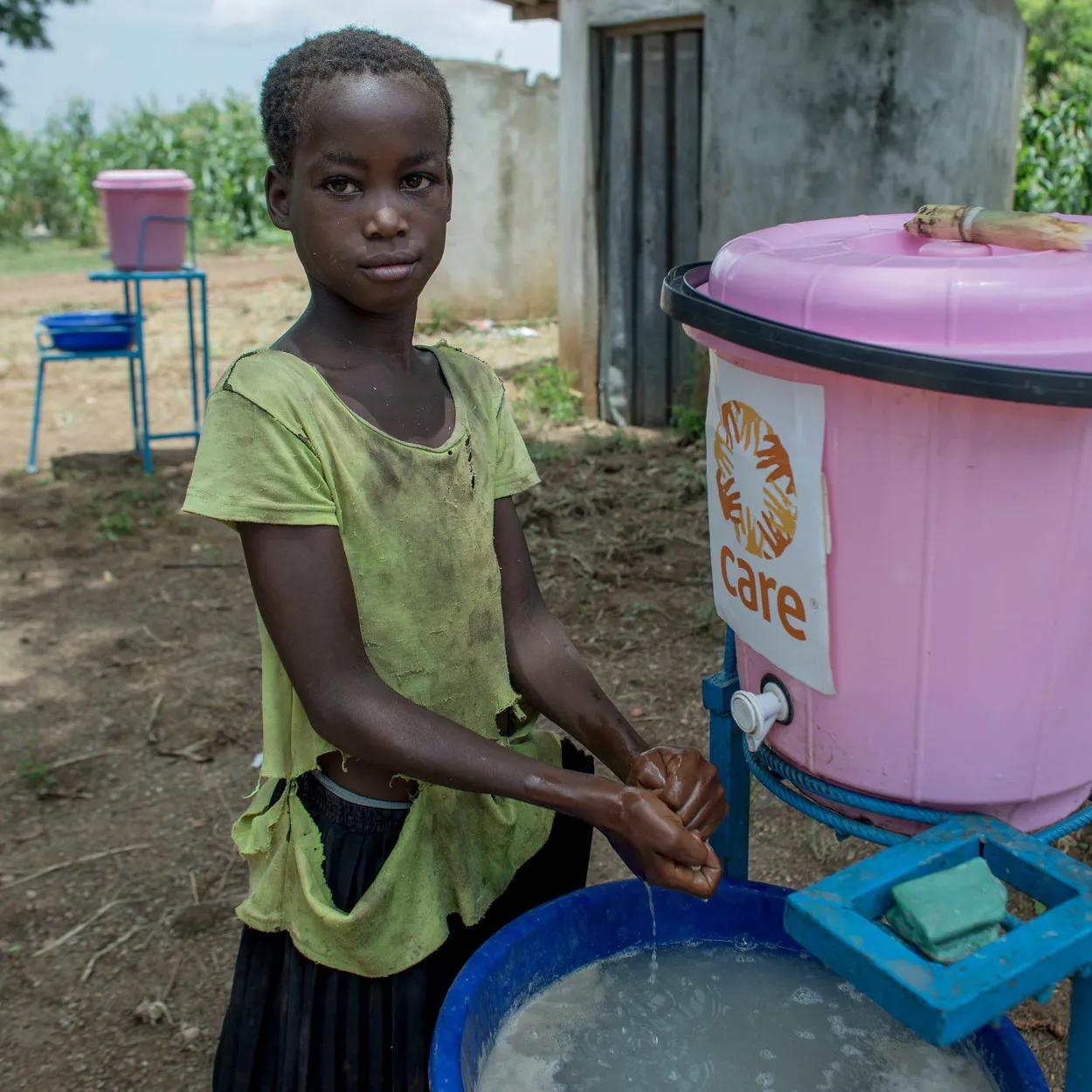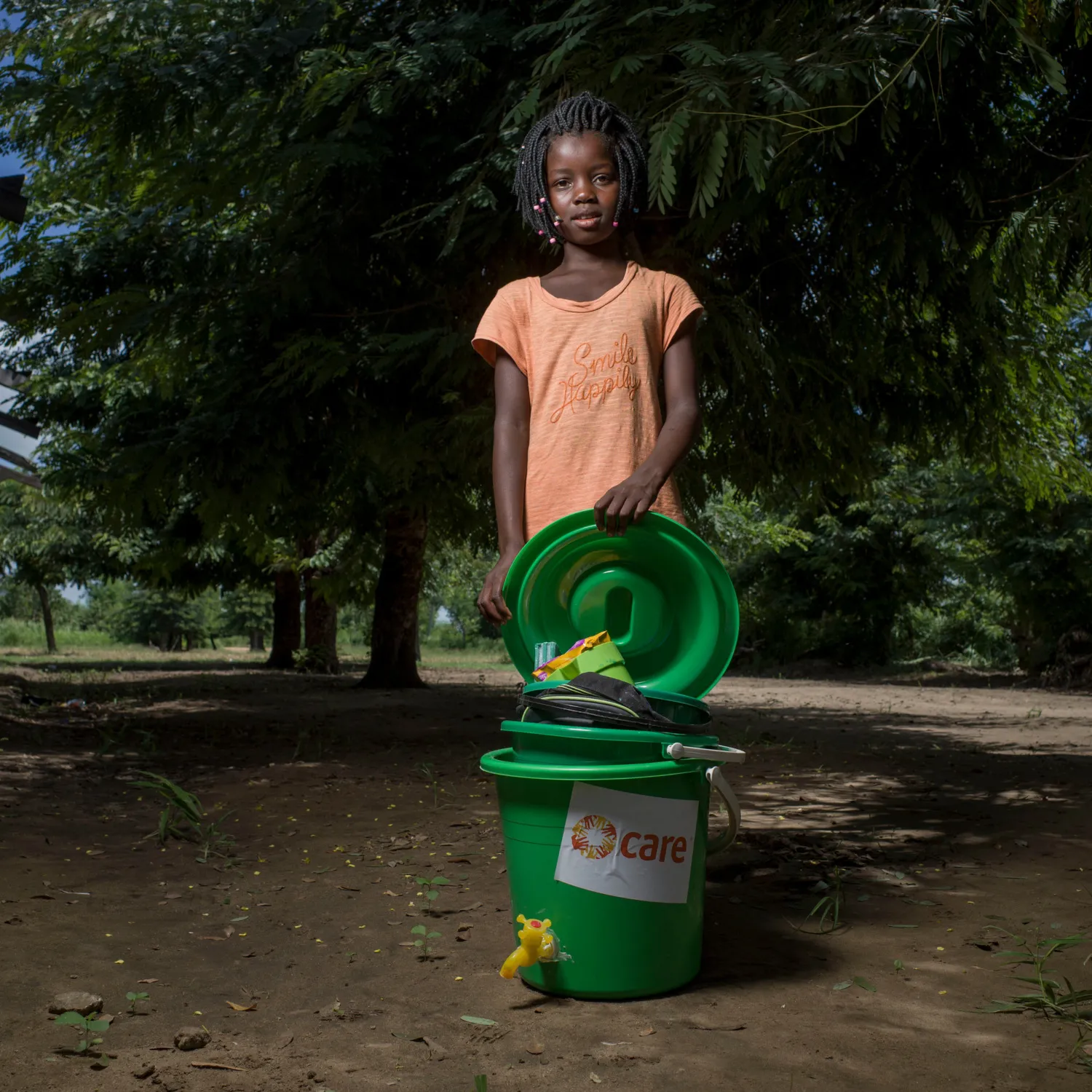What long-term consequences could the pandemic have for Mozambique?
It’s difficult to predict. We see the numbers increasing every day, especially in countries that have no exit restrictions. We and our colleagues in other African countries are watching this very closely and we are in continuous exchange about how the situation on the continent is developing. The general health problems in Africa, such as tuberculosis or HIV diseases, are of course great. Here in Mozambique, 11 percent of people are infected with HIV. The question naturally arises as to how this will affect the course of the pandemic. There are model calculations of what could happen if the government does not take drastic measures. The Imperial College in London calculated that up to 94% of the population could get infected with COVID-19 and that more than 65,000 people could die as a result. Of course, this is just one of several possible scenarios. But, of course, healthcare capacities are very low. There are fewer than 30 ventilators across the country. This can hardly be compared to European health systems. So the situation is difficult.
What measures is CARE currently taking so that the effects of an outbreak are not too drastic?
We had to pause our development aid that CARE has been providing in Mozambique since the 1980s. We are totally focused on humanitarian aid at the moment. It was a very difficult decision because we also had to choose a basic staff. Of course, we want to avoid the virus being spread to the communities by our employees. So there was no other way but to dramatically reduce work. We are continuing the life-saving measures in humanitarian aid with special security precautions. For example, when we distribute relief supplies, we have to avoid large crowds to reduce the risk of infection.
Are the regions still accessible or are there domestic travel restrictions that affect the work of CARE?
Mozambique is currently more or less isolated, like most countries in southern Africa. Air traffic has almost ceased and many embassies are urging citizens to return to their home countries. That affects us too. We are currently unable to bring any employees into the country because no visas are issued. There are still no measures in the country itself that prevent us from traveling. A level three emergency currently applies. There is also a fourth level. If the government declare level 4, we must also take measures that prevent us from continuing our work. We are therefore in exchange with other aid organizations and the government to indicate how urgently humanitarian aid remains needed. There are 1.4 million people in Mozambique who need food supply. If we stopped this aid, it would have dramatic consequences.
What’s it like for humanitarian workers like you, personally: how do you decide between staying and leaving? I can imagine that this is a conflict.
As CARE we have a mandate to provide emergency aid. I think that also applies to the situation of a pandemic. As long as we can continue to do our work and have the prospect of continuing to do it, we will continue to do it. Of course, we have colleagues who have left the country because of medical preconditions. Such a decision is also understandable. My wife and children also left. But in general, we have been able to maintain a base of local and international staff to tackle the crisis now.
How do you personally deal with the current situation?
Of course, it’s difficult. Especially in our job, where you have a lot of personal contact and work closely with the people in the communities, the measures already mean a change. You cannot distribute relief supplies from your home office. Personal contact remains necessary. But you have to ask yourself the question every time: Is it still within the framework of humanitarian aid when you go to the people, or are you putting them and yourself at risk?




